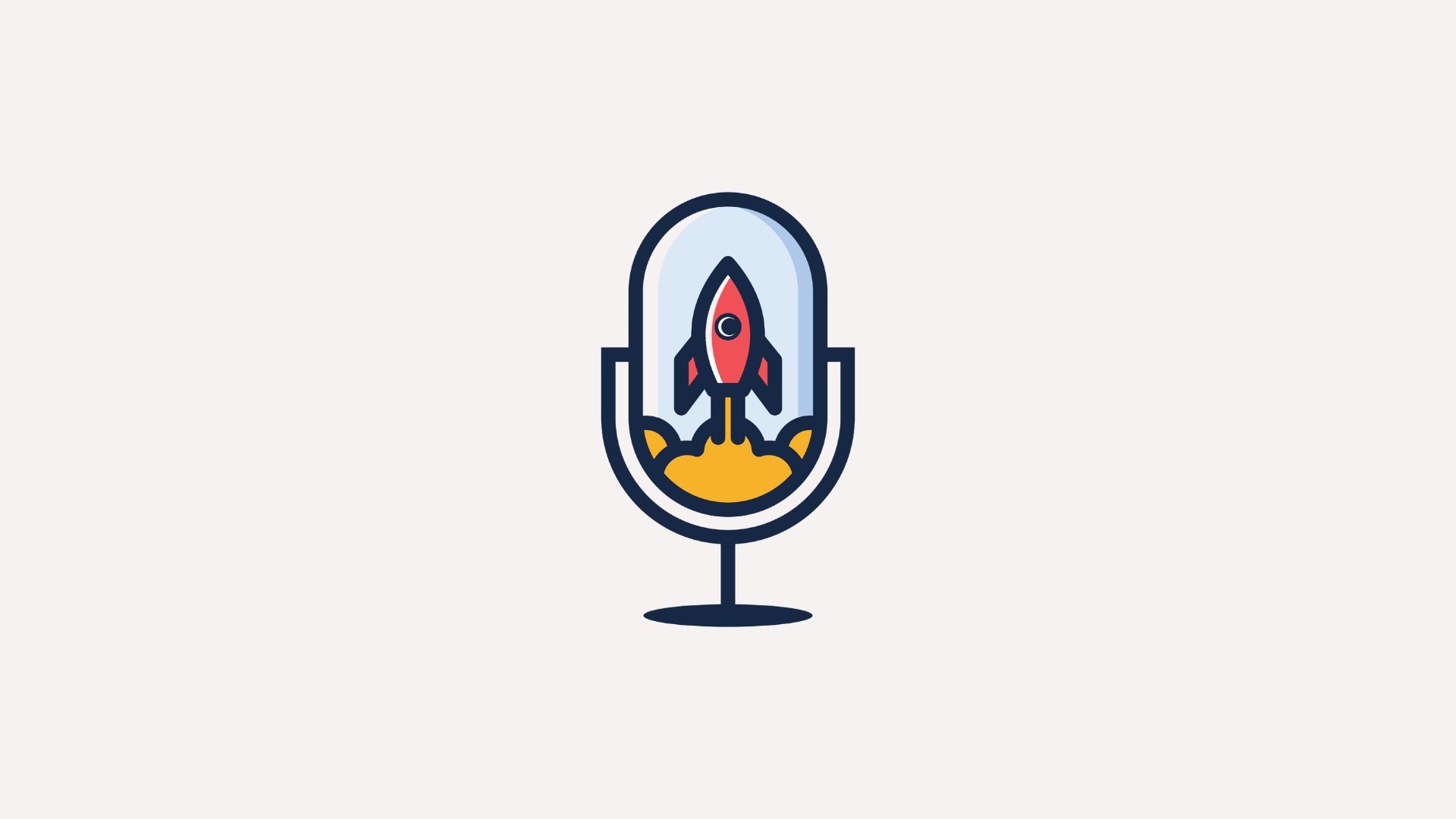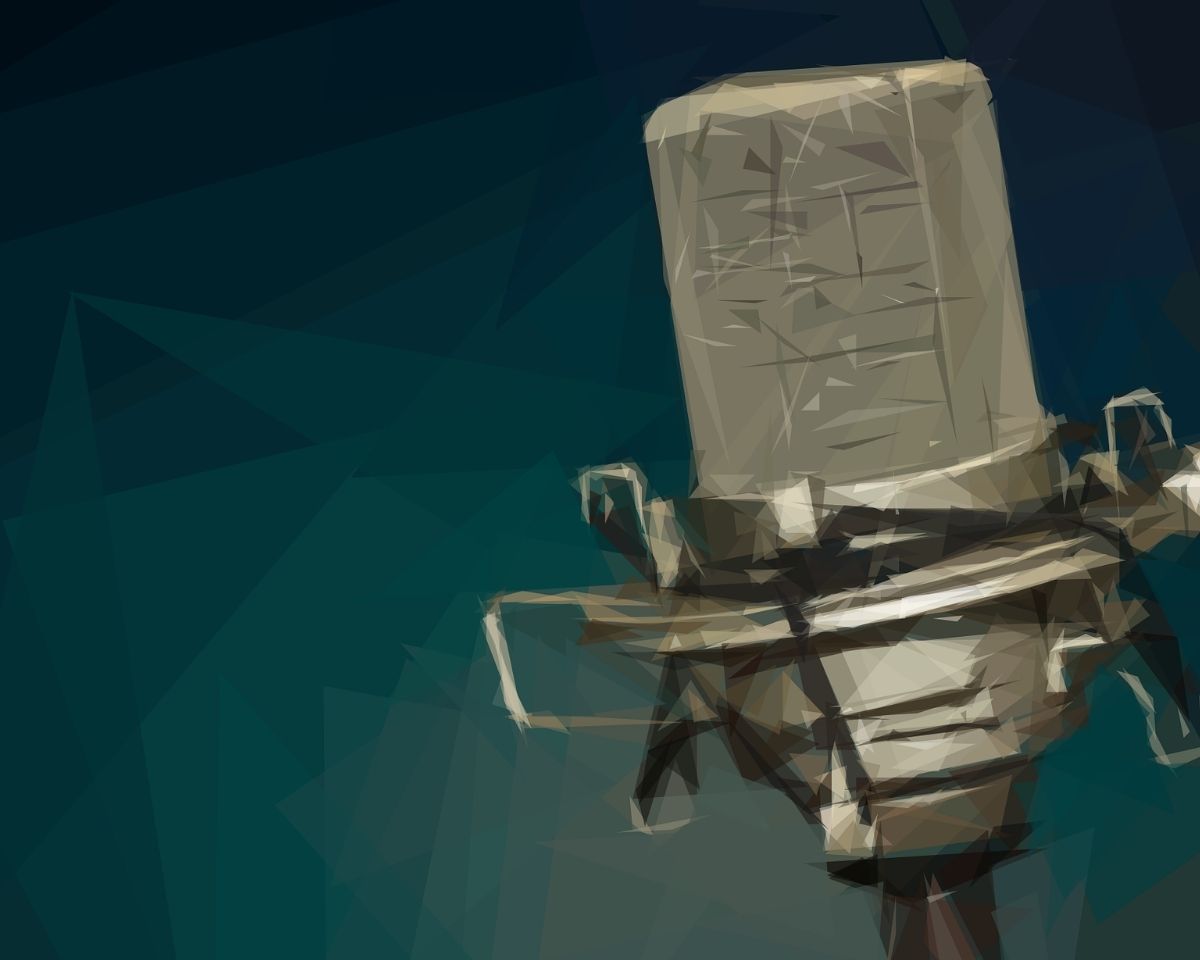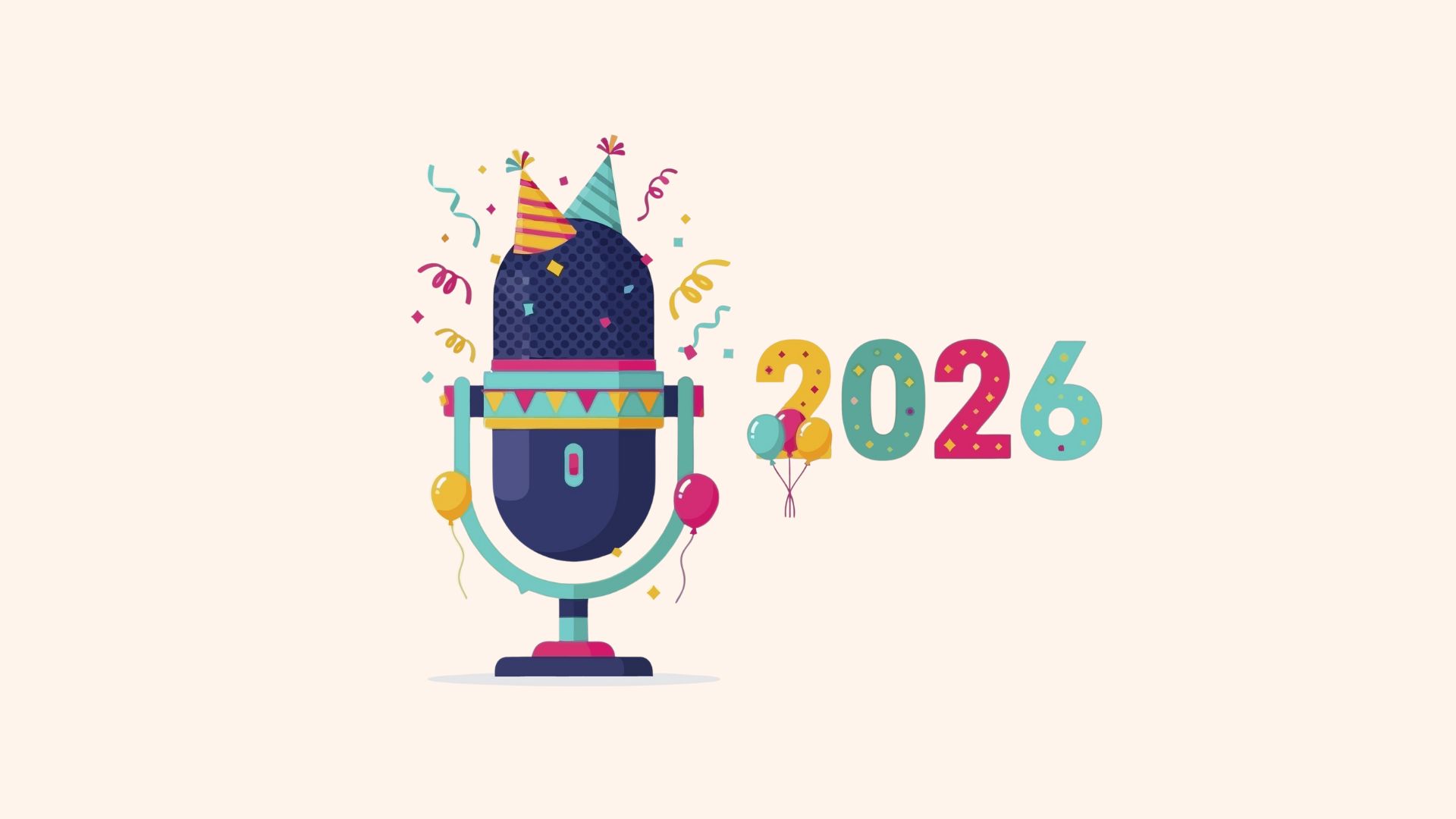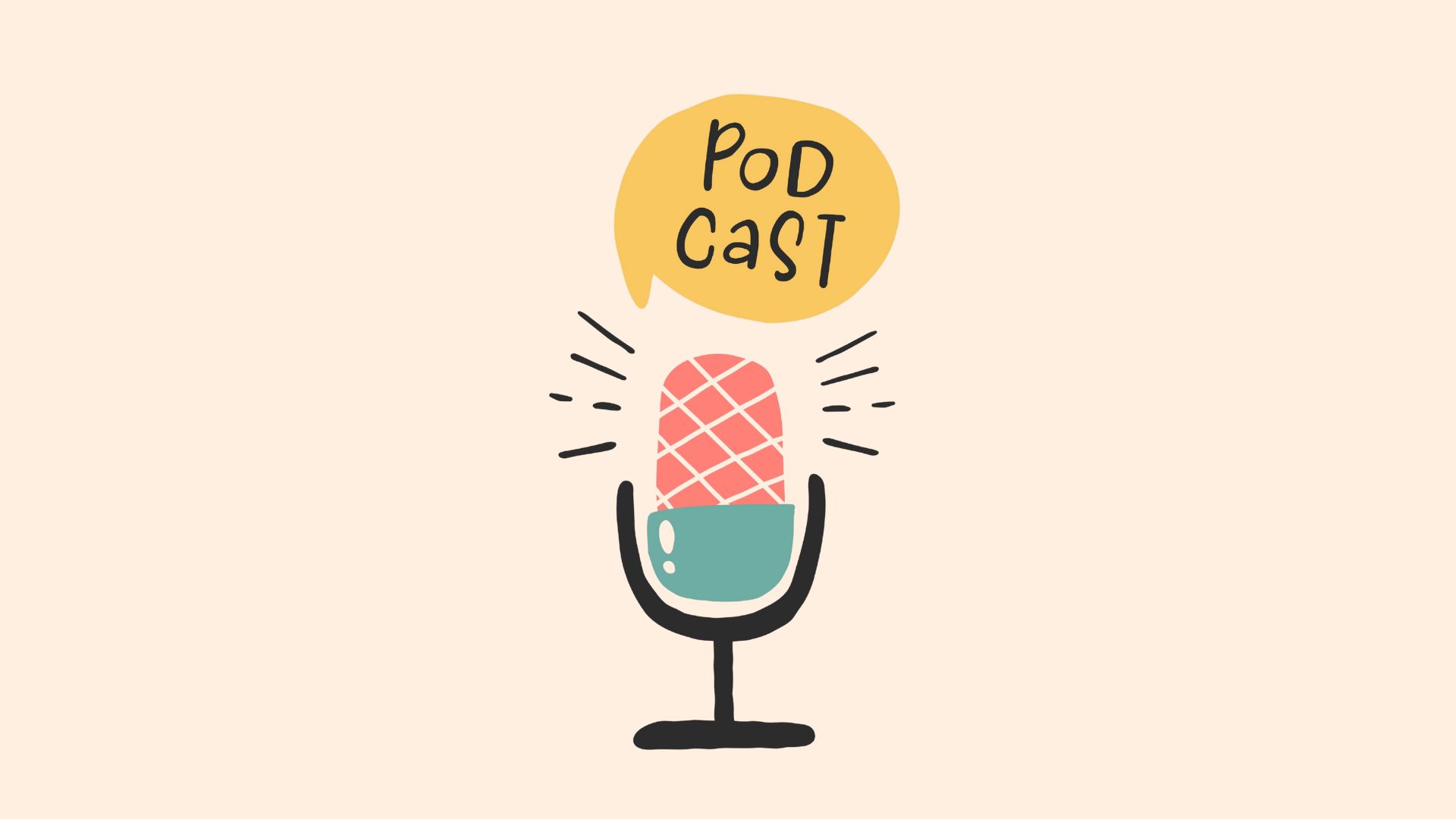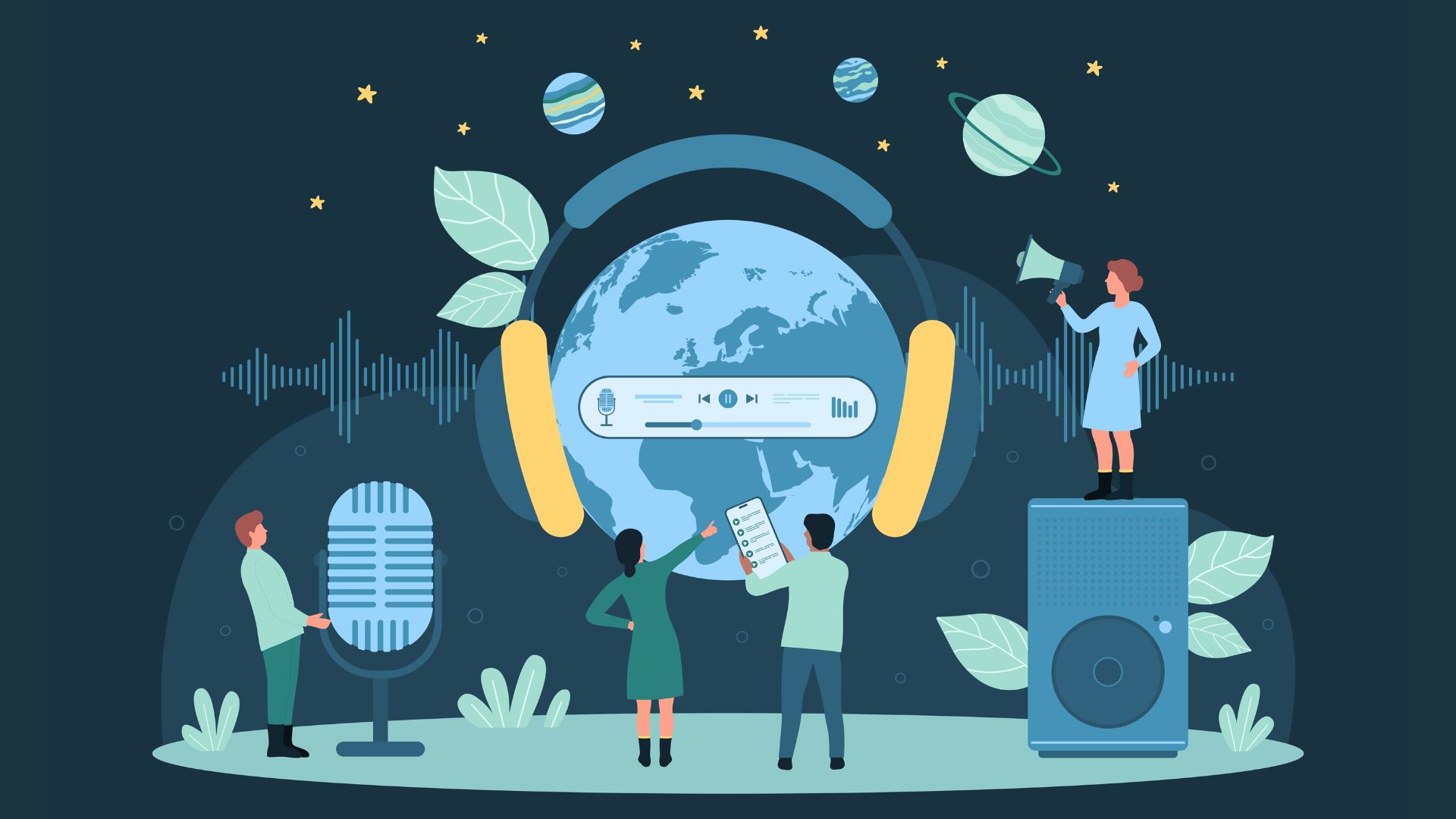Want to tick ‘Start a podcast’ off your to-do list?
If you’ve been dreaming of starting a podcast but you don’t want to jump in and find out you’re in over your head, good on you!
Most people get started without giving much thought to what it takes to set themselves, and their show, up for success.
So to help you avoid being one of the MANY shows that fades out after only a few episodes, here are the top five things you need to get sorted if you want to finally start your podcast.
Want help starting your podcast? Download my FREE ‘How To Start A Podcast’ guide.
1. Come up with a good idea
This might seem like a simple suggestion but A LOT of podcasts don’t last because the host hasn’t put enough thought into their idea and whether it’s ever truly going to attract an audience.
A good podcast idea needs three things…
a) An audience
Again, a real revelation here but an audience isn’t something that comes out of nowhere.
It comes out of thinking about the content you’re trying to create and picturing who it’s for.
For a podcast to attract an audience and for that audience to grow you have to be offering value to people so you want to know who you’re there to serve.
b) A concept that is easily definable
If you can’t explain your idea in a sentence people aren’t going to stop and check out your podcast.
When people read the description of your show or hear you talk about it on social media you want them to say “Wow! That sounds interesting!” or “That’s the kind of content I LOVE!”
But people won’t think either of those things if your pitch is “I’ve got a podcast where I talk to interesting people.”
That’s not an interesting idea for other people because if they don’t know you they can’t be sure that what you find interesting will be interesting to them.
So if you want to hook people in who don’t know you, you’ve got to have a show idea that’s easy to sell.
c) Enough content to last
If your main goal is audience growth, you’ll ideally need to be consistently releasing episodes for…the rest of your life 😂
Not quite, but the best path to audience growth is to have a show that’s ‘always on’ which means it’s releasing episodes consistently.
Even if audience growth isn’t your main driver and you’ve got an idea you want to launch in seasons, or you’re happy for it to exist as a short single season, you still need enough content to make sure that every single episode packs a punch.
If your show is ongoing, it can be tough to keep coming up with content week in, week out.
So when you decide on your idea, make sure it’s one with enough life in it so you can keep delivering episodes every week for years.
2. Define your ideal listener
This is really important when you don’t have any listeners because you need to make decisions with this potential person, not yourself, in mind.
Before you start your show you want to sit down and build a detailed picture of who it’s for.
Having this person in mind will mean you’ll be much better placed to make strategic decisions around content and format.
For example, if your ideal listener is Jan who is 47 with three kids and two jobs, you’re probably not going to be making hour long episodes for Jan because she ain’t got time to listen to them!
These decisions become much easier when you’re thinking about someone because you want to make decisions based on what your audience (or potential audience) wants to hear, not what you want to say.
3. Work out if this is something you can commit to
Podcasting ain’t easy and it ain’t for everybody.
If you’re doing it properly, it will be taking HOURS of your week so if you’re not making money (which most podcasts don’t) and you’re trying to juggle it on top of your day job (which most podcasters are) it’s going to really need to feed your soul for you to keep going.
One of the biggest reasons podcasts fail is because people start a show without understanding how much work it takes to keep it going.
So if you want your show to go the distance you have to be confident you can put in the time and effort.
4. Record high quality audio
There really is no excuse for your show sounding bad.
Podcasting is a professional industry and it’s really easy to record high quality audio at home.
Releasing a show that’s difficult to listen to because it doesn’t sound great, gives people a reason to turn off and when you’re trying to build audience, you don’t want to give people any reason to turn off.
5. Set realistic expectations
I’m sorry to be the bearer of bad news, but it’s highly unlikely your show is going to get a million downloads and make a million dollars.
It’s not impossible but it’s certainly not the story for the vast majority of podcasters who are getting closer to 100 downloads than 100,000.
If money and downloads are your only measure of success you’re probably going to be disappointed.
And nothing kills your mojo like disappointment.
If you want to do this over the longterm it’s important to set reasonable and achievable goals and success metrics.
Things like: “I’m going to be really proud of myself when I release this podcast.”
That’s a brilliant goal to set because you can achieve it.
And once you’ve achieved it you can set the next goal and the next one after that.
That’s what builds the momentum and motivation needed to keep going.
Otherwise, you’ll feel like you’re failing even though you’ve actually just set unrealistic goals.
If you’re always chasing the unattainable, you won’t stick it out.
None of us can.
So go in with realistic expectations and you’ll be much better placed to make your show a success.
🎙️ Want to start a podcast but feeling overwhelmed?
Grab my free “How To Start A Podcast” guide or get step-by-step support inside my online course, PodSchool.
Got a question about podcasting? Send it my way so I can answer it on the podcast!
[spp-transcript]
